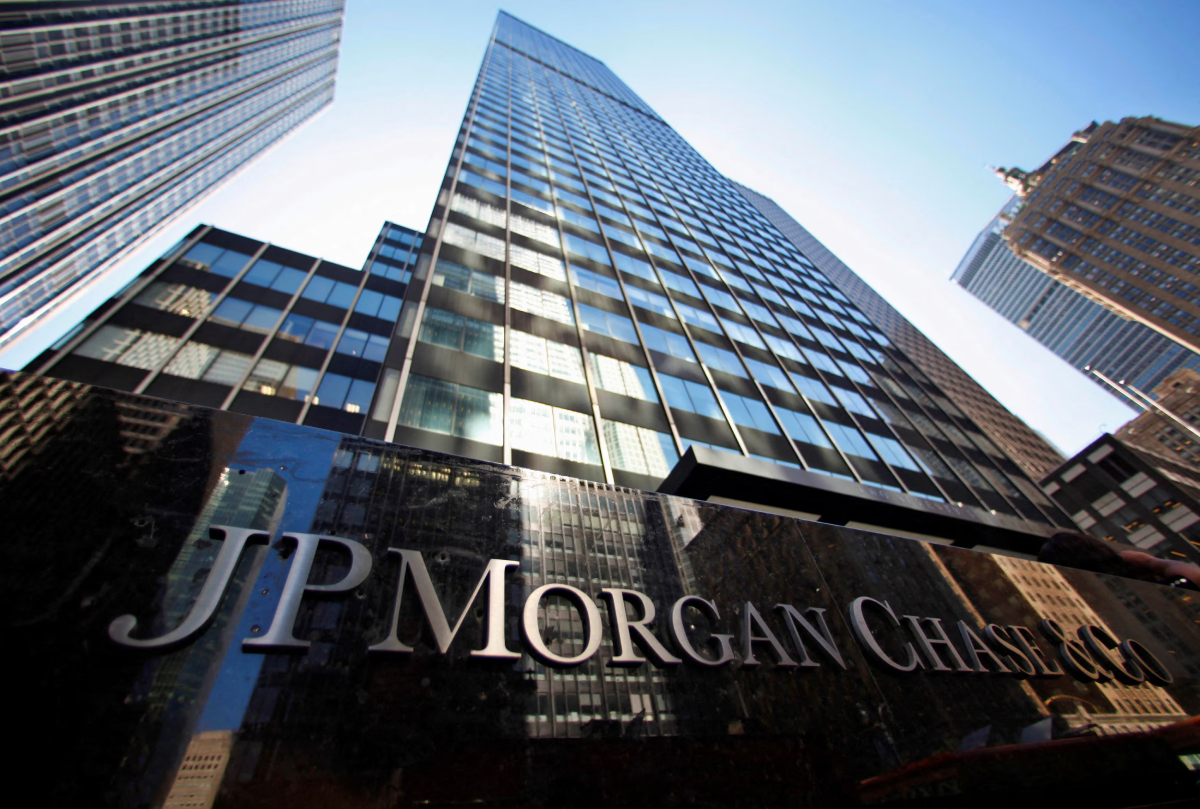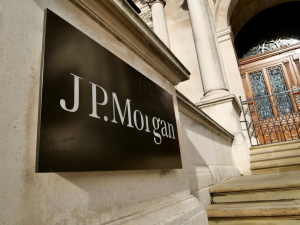
Germany’s financial regulator, BaFin, has imposed a record fine of €45 million ($48 million) on JPMorgan Chase’s Frankfurt-based European arm for delays in reporting suspicious transactions under anti-money-laundering (AML) rules. This is the largest penalty ever levied by the regulator, marking a critical moment for global banking compliance. The case highlights growing regulatory scrutiny on how banks handle customer deposits, digital banking operations, and cross-border transfers, all of which impact the broader financial ecosystem.
BaFin’s investigation revealed that JPMorgan failed to promptly file “suspicious activity reports” on thousands of transactions between 2021 and 2022. Such reports are central to preventing the misuse of financial systems for illicit purposes. In simpler terms, banks are required to notify regulators when deposit or transfer patterns indicate possible money laundering or fraud. When these alerts are delayed, it undermines the integrity of the credit and deposit systems that support everyday banking — from checking accounts to business loans.
For the general public, this incident underscores why regulatory compliance isn’t just a bureaucratic formality. Strong oversight protects customers’ money, ensures fair access to loans and mortgages, and preserves trust in digital banking platforms. When large institutions face compliance lapses, confidence in the broader financial system can weaken, affecting how easily households and businesses can obtain credit.
The record-breaking fine is likely to push banks to invest more heavily in compliance technology and staff training. Institutions that rely on complex global operations — where cross-border deposits and loans are routine — face higher risks of regulatory breaches. For JPMorgan and its peers, this means balancing digital banking expansion with tighter monitoring obligations.
From a business perspective, compliance costs may eventually influence the pricing of credit and deposit products. When banks divert resources to meet tougher rules, they may adjust interest rates on loans, mortgages, or checking accounts to maintain profitability. Small and medium-sized enterprises that depend on accessible credit could see longer approval times or stricter lending criteria as banks recalibrate their risk management systems.
Regulatory crackdowns like BaFin’s move reflect a global trend toward accountability and transparency in banking. As financial services become more digital and cross-border, oversight must evolve. This trend may accelerate banks’ adoption of artificial intelligence and data analytics to monitor deposits and transactions more efficiently. It could also lead to stronger coordination between regulators in Europe, the U.S., and Asia — shaping how the global credit system operates.
In the long run, stricter compliance frameworks may stabilize financial markets by reducing systemic risks. However, they could also constrain banks’ flexibility in offering new credit products or expanding digital banking services quickly. The challenge ahead lies in striking the right balance between innovation and regulation.
The BaFin fine against JPMorgan is not just a regulatory milestone but a wake-up call for the entire banking sector. Compliance, transparency, and technology are now inseparable pillars of trust in modern finance. Banks that integrate advanced monitoring systems into their daily operations can turn compliance into a strategic advantage — improving efficiency while strengthening customer confidence.
Added Value – Professional Insights:
 Previous Post
Previous Post
SKN | BofA Investor Day Spotlights Co-Presidents Athanasia and DeMare
 Next Post
Next Post
SKN | Dive Newsdesk: Kraken’s Compliance, Suspicious Activity Monitoring Evolves

February 21, 2026

February 21, 2026

February 20, 2026

February 20, 2026

SKN | Wells Fargo Lifts Ameren Target to $113: Defensive Yield with Regulated Growth Discipline

SKN | Morgan Stanley Trims IQVIA Target to $240: Tactical Reset, Strategic Conviction Intact

SKN | JPMorgan Structures Debt Financing for Qualtrics–Press Ganey Deal: Credit Markets Signal Confidence